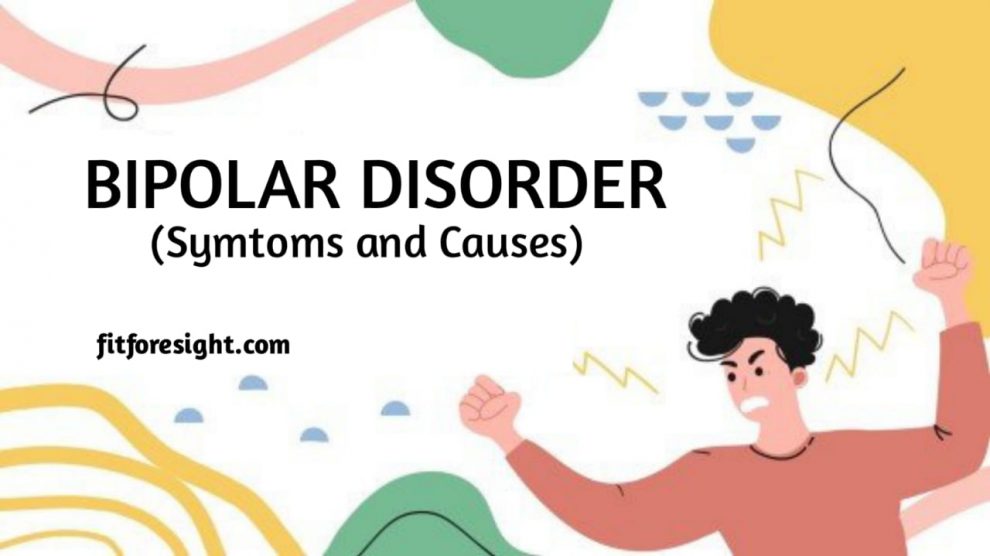Bipolar Disorder: An In-Depth Exploration
Bipolar disorder, formerly known as manic depression, is a complex mental health condition that affects millions of people worldwide. Characterized by extreme mood swings, bipolar disorder can have a profound impact on an individual’s life, relationships, and overall well-being. In this article, we will delve into the key aspects of bipolar disorder, including its symptoms, causes, and available treatments.
Bipolar Disorder Symptoms
- Manic Episodes: Individuals with bipolar disorder experience manic episodes, which are characterized by periods of intense euphoria, increased energy, impulsivity, and a reduced need for sleep. During manic episodes, they may engage in reckless behaviors such as excessive spending, risky sexual encounters, or substance abuse.
- Depressive Episodes: On the flip side, bipolar disorder also includes depressive episodes. These are marked by feelings of extreme sadness, hopelessness, fatigue, and a loss of interest in activities. Individuals with bipolar disorder may struggle with concentration, have changes in appetite or sleep patterns, and even have thoughts of suicide.
- Mixed Episodes: Some people with bipolar disorder experience mixed episodes, which involve the coexistence of manic and depressive symptoms simultaneously. This can be particularly challenging to manage, as the individual may feel both elated and depressed at the same time.
- Cyclical Nature: One of the defining features of bipolar disorder is its cyclical nature. Individuals typically go through periods of mania or hypomania (a less severe form of mania) followed by depressive episodes. The frequency and duration of these episodes can vary widely among individuals.
Bipolar Disorder Causes
The exact cause of bipolar disorder remains unclear, but several factors are believed to contribute to its development:
- Genetic Predisposition: Bipolar disorder tends to run in families, suggesting a genetic component. If a close family member has the disorder, you may have a higher risk of developing it as well.
- Brain Chemistry: Imbalances in neurotransmitters, the brain’s chemical messengers, are thought to play a role in bipolar disorder. Irregularities in the levels of serotonin, dopamine, and norepinephrine can contribute to mood swings.
- Stressful Life Events: Traumatic or highly stressful life events, such as the loss of a loved one or significant life changes, can trigger the onset of bipolar episodes in susceptible individuals.
- Substance Abuse: Substance abuse, particularly stimulants or alcohol, can worsen the symptoms of bipolar disorder and trigger episodes.
Bipolar Disorder Treatment
The good news is that bipolar disorder is treatable, and individuals can lead fulfilling lives with proper management. Treatment typically involves a combination of the following approaches:
- Medication: Mood stabilizers, antipsychotic drugs, and antidepressants are commonly prescribed to manage bipolar disorder. These medications help regulate mood swings and prevent the recurrence of episodes.
- Psychotherapy: Cognitive-behavioral therapy (CBT), dialectical behavior therapy (DBT), and interpersonal therapy (IPT) can be effective in helping individuals cope with the emotional and behavioral aspects of bipolar disorder.
- Lifestyle Modifications: Lifestyle changes, such as maintaining a regular sleep schedule, avoiding alcohol and illicit drugs, and reducing stress, can play a crucial role in managing bipolar disorder.
- Support Networks: Building a strong support system with friends, family, and support groups can provide invaluable emotional support and encourage them.
Bipolar disorder is a challenging mental health condition, but it is manageable with the right treatment and support. If you or someone you know is struggling with bipolar disorder, it’s essential to seek professional help. Understanding the symptoms, causes, and available treatments is the first step toward managing this condition effectively and improving the quality of life for those affected by it.

























Add Comment